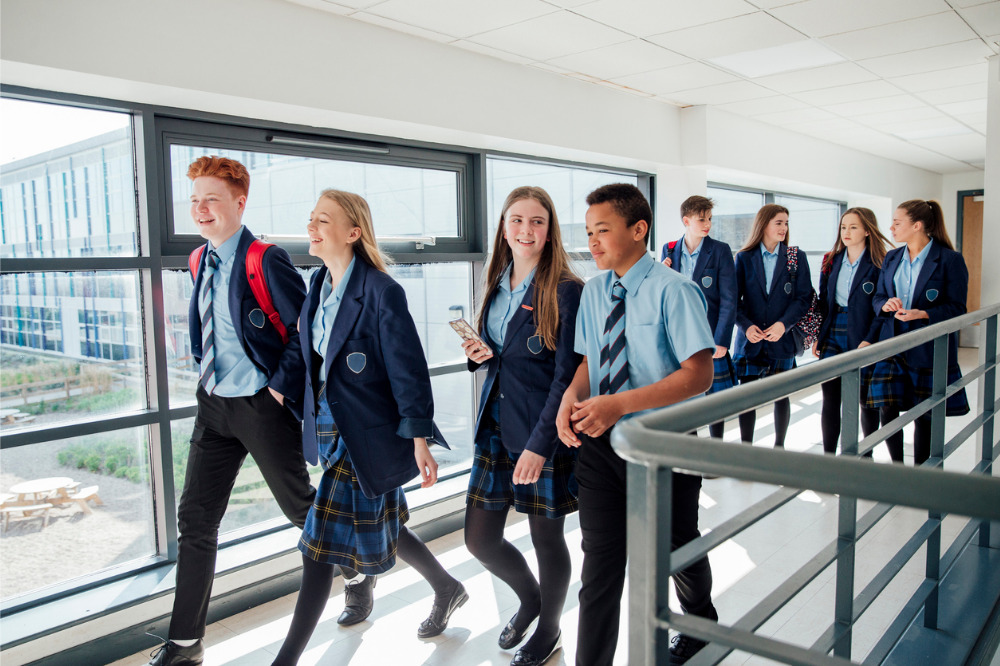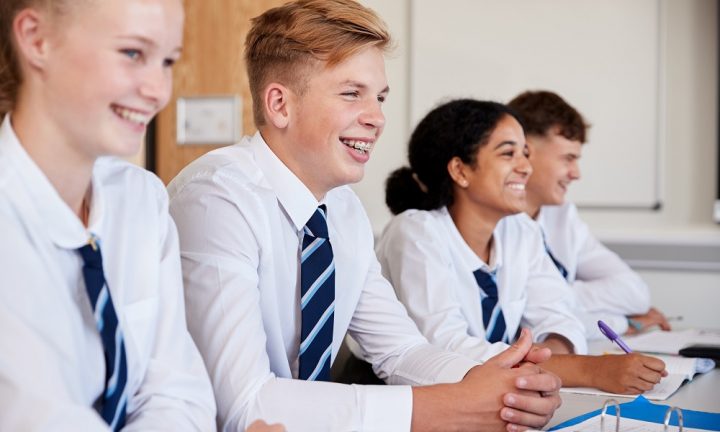
Ofcom’s latest report, Listening to experts: Mental health and media literacy, reveals the pressing need for high-quality media literacy awareness and wellbeing programmes, especially for young internet users.
(Media literacy refers to a person’s ability to critically analyse stories presented in the mass media, as well as how successfully they are able to determine their accuracy or credibility.)
As Gen Z teens continue to favour social and digital news formats, with about half of this group saying they get news daily from social media feeds or messaging services and 40% getting news daily from search engines, the need for programmes that promote these skills grows increasingly important every day.
Ofcom’s report was commissioned to investigate significant practices, projects, and initiatives undertaken by various organisations across the UK. It aims to advance the conversation about how our online activities impact our mental health and provide better media literacy support to those experiencing or at risk of mental health challenges.
Media literacy levels vary for a variety of reasons, and programmes aimed at improving these must cater to the specific needs of individuals who are currently underserved or not served at all by existing initiatives.
An important principle explored in the study is that we no longer go online – we are online.

Mental health disorders are increasing fastest in young people (aged between 13 and 24). In the UK, between 2017 and 2021 the proportion of boys (17-19 years) with a probable mental health disorder rose from 7.0% to 10.3% whilst the proportion for girls rose from 13.4% to 24.8% (source: NHS). This is consistent with global trends, making adolescent mental health a growing worldwide crisis.
Establishing a groundbreaking partnership between scientists at the University of Oxford, educational publisher The Day, and Swansea University, this initiative aims to revolutionise scientific research, school teaching, and young people’s awareness of mental health and wellbeing. This innovative programme aims to transform the way we think about these critical issues by bringing together two fields that are often disconnected.
Professor of Adolescent Mental Health at the University of Oxford, Mina Fazel, has said regarding the importance of this initiative: “The collaboration with the education sector is vital to the success of the programme. We will be working with schools to create a research cohort from a diverse group of UK secondary schools to learn more about the adolescent brain.”
The Day’s Julian Turner is the Director of Education at BrainWaves. He said: “Working closely with schools, we are providing cutting-edge, evidence-based educational resources for teachers and students. Over time we will be refining these to reflect all the new evidence as it emerges. Perhaps most exciting of all is that we will be empowering young people to learn about mental health.”
The report acknowledges that: “Being online is a necessary part of life. Many of the case studies in this report acknowledge that disaggregating our online and offline lives can be unhelpful as they are so tightly interwoven. They acknowledge that risks are inherent in every aspect of our lives but that online risks can be better managed by providing the right support and strategies. Those we listened to acknowledged that online content is not neutral and requires a level of critical engagement to navigate. Several of the projects focus on the agency of their participants, supporting them in developing the skills and resilience to take charge of their online experiences as far as possible, and to seek out content and interactions likely to have a positive effect.”
The case studies explored in the report suggest that: “Young people are increasingly aware of the need to spot and manage the blurring of online and offline life. While there are many benefits of taking time out from our online lives as a useful way to manage the intensity of engagement with certain topics, ‘turning it off’ is not always a helpful option; it can remove access to essential aspects of our lives, such as information and connection with those we love and trust, and not being able to access these things can increase stress and anxiety.”

The report emphasises the need to strike a balance between time spent offline and online. However, it’s equally important to provide interventions and support to help people navigate their time online in a constructive manner when engaging with digital content.
At The Day, our top priority is to cultivate healthy habits within classrooms that foster critical thinking about news and information online. By curating reliable news sources and onward links to help increase knowledge and understanding of different perspectives, we hope to reach our goal of connecting current events with the curriculum.
In achieving this, we give students a safe space to explore their curiosity, develop important skills, and grow the cultural awareness necessary for success in the modern world.
By exposing misinformation and providing investigative reporting, we can empower young people to make informed decisions while promoting responsible adult understandings of current affairs and intelligent engagement with world events.
We advocate for the development of ambitious and capable learners who ask thoughtful questions, engage in debates, listen to others, and develop a powerful voice to shape a better future!
These objectives highlight why The Day is proud to be partnering with Oxford University for BrainWaves, a groundbreaking global mental health and wellbeing initiative which seeks to combine the latest research and academic thinking around mental health to provide resources for both students and teachers that are evidence-based, engaging and empowering.
With mental health disorders increasing fastest in young people (aged between 13 and 24), we must equip young people with the tools they need to manage their mental wellbeing and navigate the online world.
As the key learning from OfCom’s report find that good media literacy can, and does, support good mental health, projects such as BrainWaves seek to bridge this gap, by focusing on:
- Equipping scientists to discover more about the adolescent brain;
- Enabling schools and education professionals to have the tools to teach and manage good mental health in schools
- Helping young people to know and understand their mental health and wellbeing better.
To read the full report, visit:
https://www.ofcom.org.uk/research-and-data/media-literacy-research/approach/initiate
To find out more about BrainWaves, visit: https://brainwaveshub.org/
To access free mental health lesson resources, visit: https://education.brainwaveshub.org/
